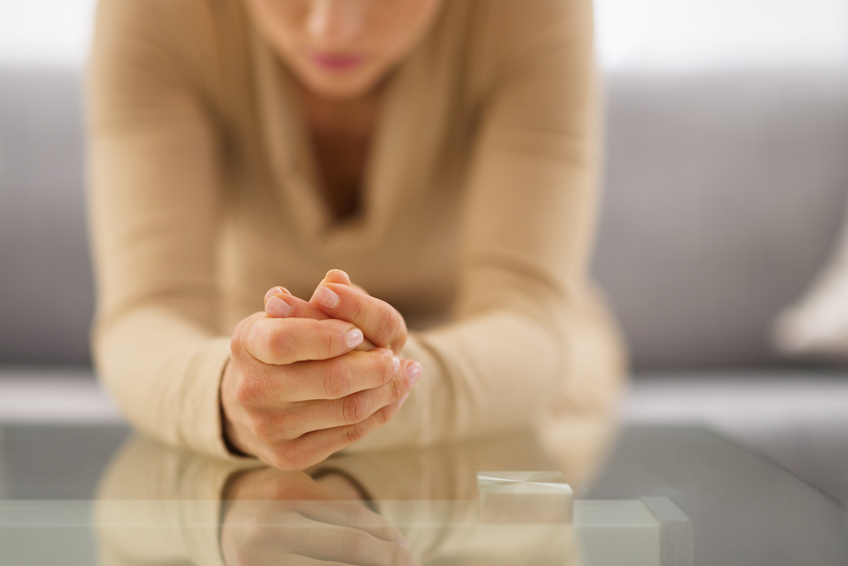The COVID-19 pandemic has resulted in a decline of mental health among young women, in particular, a new study from the University College London has found.
According to their recent paper, young women around the age of 30 have demonstrated the most complications to their psychological health, more so than middle-aged or older adults, during pandemic-related lockdowns.
The findings were the subject of a survey conducted in May of 2020, involving more than 18,000 participants born between 1958-2002. The objective was to thoroughly assess any impact the recent coronavirus pandemic would have on their mental health.
“The research team at the UCL Institute of Education carried out a survey in May 2020 of over 18,000 people born in 1958 (aged 62), 1970 (aged 50), 1989-90 (aged 30), and 2000-02 (aged 19), to explore the impact of the COVID-19 pandemic on the mental health and wellbeing of four generations of people,” a UCL news release states.
Based on the findings, the most prevalent of the participants surveyed to have been affected severely during the pandemic-related lockdowns were 19-year-olds. 30-year-old millennials followed in second, both of which reported depressive symptoms.
“Among 19-year-olds, just over one third of women and just under one quarter of men had symptoms of depression during lockdown in May, and 45% of women and 42% of men had felt lonely during this time,” the co-authors explain in a news release.
“These problems were also widespread among millennials, with 20% of women and 14% of men showing signs of depression and just over one third of women and one quarter of men experiencing loneliness. By comparison, 7% of 62-year-old men and 10% of 62-year-old women had symptoms of depression.”
In light of these findings, researchers hope young people in particular are able to receive the mental health support they need during the difficult times caused by the coronavirus.


